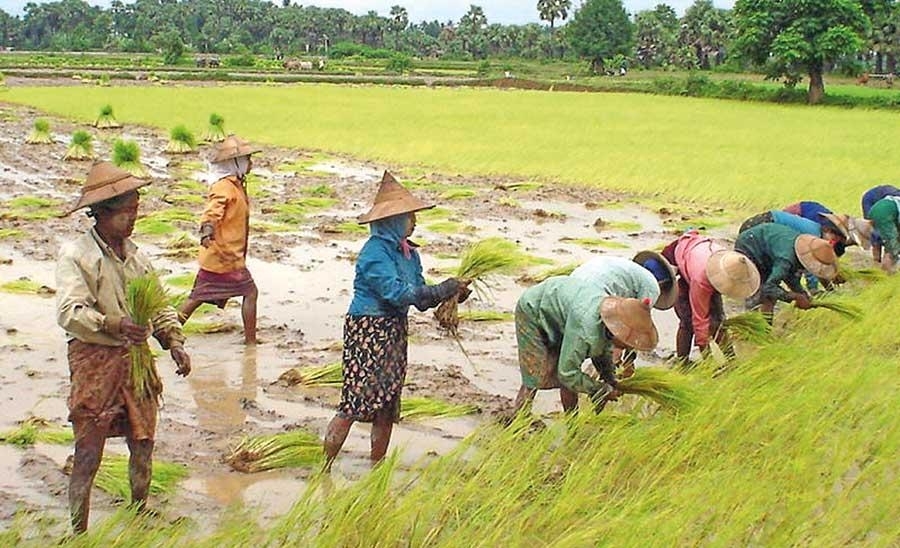Foreign newspaper spills the beans: Myanmar-Sri Lanka rice deal smells of corruption

Focusing on the current plight of the paddy industry in Sri Lanka which runs back to 2600 years ago is a timely requirement. History bears evidence of a rich paddy cultivation existing in the country during the time Prince Vijaya arrived in the island. Sri Lanka was known as the Granary of the East during King Parakramabahu’s time because of the fertile paddy fields. Former Director of Agriculture K. B. Gunaratne said that more than 3000 varieties of paddy were cultivated back then.
At present people are starving and even forced to take their own lives because they’ve failed at feeding their children. Sri Lanka’s pride has taken a beating because it has gone to the extent of obtaining loans from Bangladesh and importing rice from Myanmar.
“The global rice requirement depends on the population and economic growth of Asian and African countries. It has increased from 439 million MT to 496 million MT during the period from 2010-2020. Considering the rice requirement in 2010, it is likely to increase to 555 million MT by 2035; a 26% increase than 2010. It is calculated that farmers will have to produce an additional 8-10 MT of paddy annually,” said Gunaratne.
In the past Myanmar did not hold a stable position in producing rice, but over a period of time it became the most prominent rice exporter in the world; exporting 631000 MT of rice annually. Myanmar toiled for a decade to uplift rice production and followed policies to increase the use of lands, water resource management, infrastructure and
